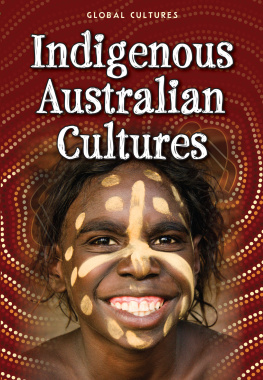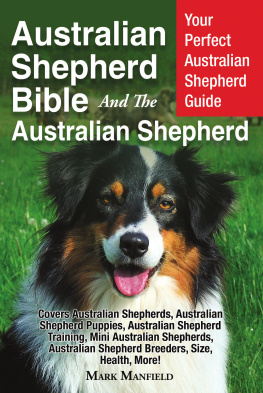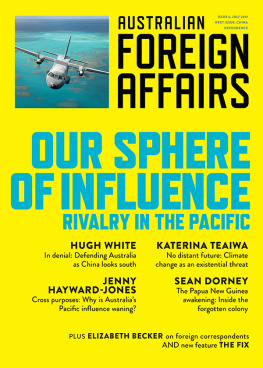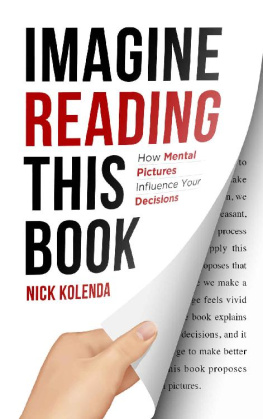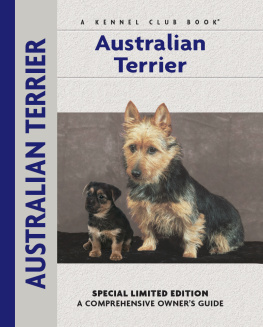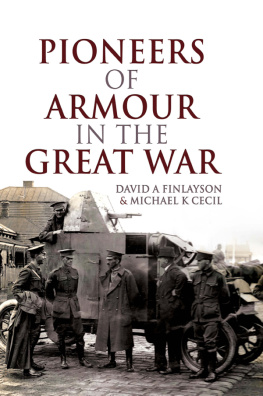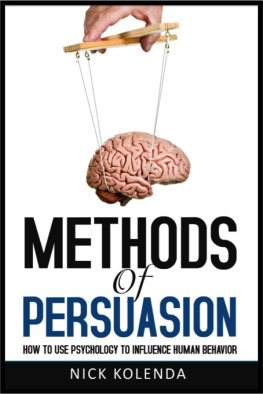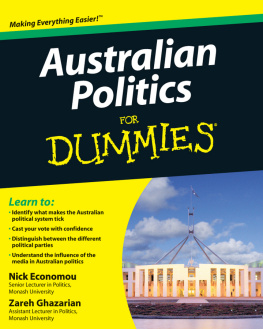Nick Dyrenfurth finds in the rich and turbulent history of the Australian Workers Union a record of our countrys frailties and strengths, its hardships and triumphs, its meanness and generosity. This lively and accessible history of Australias most famous union is essential reading for anyone interested in the forces that have shaped the nation over the last 130 years, as well as in the ideals and traditions that continue to cast their spell over its political and industrial affairs.
Frank Bongiorno, Professor of History,
The Australian National University
MELBOURNE UNIVERSITY PRESS
An imprint of Melbourne University Publishing Limited
Level 1, 715 Swanston Street, Carlton, Victoria 3053, Australia
www.mup.com.au
First published 2017
Text Nick Dyrenfurth, 2017
Design and typography Melbourne University Publishing Limited, 2017
This book is copyright. Apart from any use permitted under the Copyright Act 1968 and subsequent amendments, no part may be reproduced, stored in a retrieval system or transmitted by any means or process whatsoever without the prior written permission of the publishers.
Every attempt has been made to locate the copyright holders for material quoted in this book. Any person or organisation that may have been overlooked or misattributed may contact the publisher.
Cover design by Philip Campbell Design
Typeset in Bembo 12/15pt by Cannon Typesetting
Printed in Australia by McPhersons Printing Group
Cataloguing-in-Publication data for this book is available from the National Library of Australia
ISBN 9780522872064 (pbk)
ISBN 9780522872071 (ebook)
FOREWORD
The Australian Workers Union is our nations oldest continuously operating union and most significant organisation of working people. This is the case not because of any one leader, nor a particular industrial dispute or even political triumph, numerous as they all are. It is the culmination of 131 years of determined, collective toil to improve the lives and working conditions of the everyday men and women of Australia.
From our humble beginnings on a wintry evening in Ballarat, AWU members set out not only to improve the lives of their fellow workmates, but to lead the public debate on the biggest issues that have shaped our nation. From a fair days pay for a fair days work; occupational health and safety; opposing conscription; torightly or wronglyimmigration matters, the AWU has never shied away from pursuing the best interests of our members, wherever they live or work, from the shearing sheds of the Victorian bush, cane fields of the tropics and everywhere in between. We are pragmatic but principled. We are patriotically Australian in the best sense of the word.
Such is the significance of the AWU to the nation that this book represents the fourth to be written about its history. Nick Dyrenfurths account of our unions story provides an honest and lively narrative of the trials and tribulations and the victorious and vanquished men and women that have made up our organisation.
Make no mistake, like organised labour in Australia and globally, we stand at a crossroads. As this book demonstrates, the last few years have produced some of the most difficult times in our unions history. A politicised royal commission, combined with the effects of the Global Financial Crisis and the downturn experienced by significant industries, have each presented serious challenges. The role and purpose of trade unions is being threatened by hostile right-wing governments and backed by disreputable bosses. Legislation has been drafted and implemented to restrict the rights of unions and their members. There are powerful vested interests who, like the squatters of the 1880s and 90s, oppose the very existence of unions and would seek to wipe them from historys page. Yet these challenges are not unlike the battles that our predecessors faced and stared down every time. Our union has never shirked a fight. We do not intend to start now. The future of our nation as the land of opportunity and egalitarianism depends on us.
Just as we will continue to fight for our members and all Australians who work for a living, so too we understand that our union must be engaged in our nations political debate, and unashamedly so. It is why, as Dyrenfurth points out, our union has produced four Labor Prime Ministers of Australia, numerous state premiers and countless politicians, all of whom have entered parliament to further the interests of working people, and now the leader of the federal Labor Opposition, Bill Shorten, who served our union with distinction as national secretary. A younger, rather less anti-union, Liberal Prime Minister Malcolm Turnbull once aspired to the same job.
If the task ahead of the AWU in the globalised twenty-first century seems daunting, reflect on the sacrifices of the workers, their families and the communities who took a stand during the great shearers strike of 1891. Take a glimpse at this books back cover. It tells the visual story, recounted by the great bush poet AB Banjo Paterson, of striking shearers at Coonamble in the central-western plains of New South Wales, and the labours of AWU officials who travelled around the then colony by bicycle, organising members face-to-face and combating the actions of the squatters.The photo is taken by none other than Banjo and is a timely reminder that the history of Australia cannot be written without reference to our great union.
It has been the almost religious practice of our recently retired national president Bill Ludwig to remind new and older AWU members, job representatives, organisers and officials that we are all merely passing through, doing our bit to leave this organisation in a bigger, bolder and better position. I want to thank one of my predecessors, Paul Howes, for conceptualising and initiating this project and Scott McDine for its continuing support. I congratulate Nick Dyrenfurth on a fine book that evokes the AWUs mission so well: ensuring that the working people of Australia have as much say in shaping their nation as their wealthiest compatriots. It is incumbent upon us all to uphold this sacred duty.
Daniel Walton, National Secretary
Australian Workers Union, Sydney, January 2017


